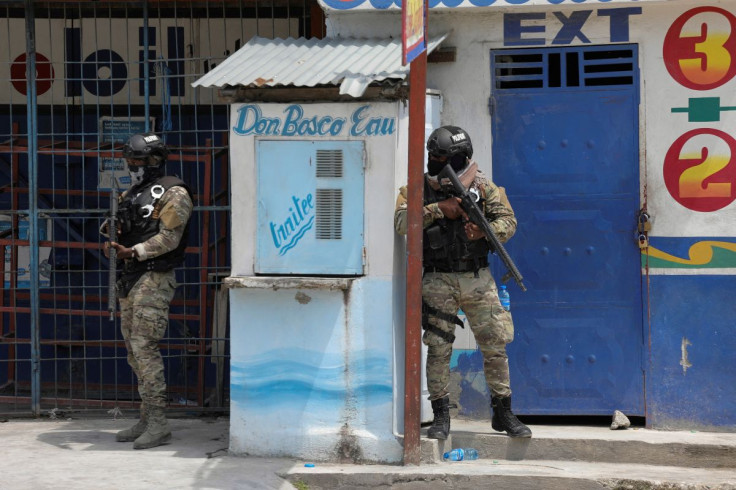
As gang violence worsens in Haiti, many hospitals and clinics in the Caribbean nation's most violent areas have closed.
Fontaine Hospital Center is now one of the last hospitals and social institutions in Haiti, which has become one of the most lawless places in the world, reported the Associated Press.
Gunfire has become part of daily life in Cité Soleil, which is the most densely populated part of the Haitian capital and the heart of Port-au-Prince's gang violence.
Loubents Jean Baptiste, the hospital's medical director, said that they have been "left all alone."
The hospital can help hundreds of thousands of people who are just trying to survive.
When gangsters with bullet injuries turn up, doctors ask them to leave their automatic weapons at the door. Medical experts cannot return safely to homes in areas that are controlled by rival gangs. So, they must live in hospital dormitories, as per ABC News.
Haiti is the poorest country in the Western Hemisphere, so access to health care has never been easy there, but late last year it experienced a one-two punch.
G9, one of Haiti's most powerful gang federations, blockaded Port-au-Prince's most important fuel terminal. It essentially paralyzed the country for two months.
A cholera outbreak that was made worse by gang-imposed movement restrictions created obstacles for the Haitian healthcare system.
In a recent report, the U.N. documented more than 260 murders between July and December 2022 in the small area surrounding the hospital. They noted that the violence in the country has "severely hampered" access to health services, as per Yahoo!
The crisis has caused more bullet and burn injuries, said healthcare providers. There are also cases of diabetes, hypertension, and sexually transmitted infections. The conditions are largely because of slashed access to primary care.
According to U.N. data, in 2023, 10,000 pregnant women in the country could face fatal obstetric complications all because of the crisis.
Today, Fontaine Hospital Center is the only facility to perform C-sections and other complicated surgeries in Cité Soleil.
The hospital, which was started as a one-room clinic to provide basic medical services to a community that has no other resources, was opened in 1991 by Jose Ulysse.
Ulysse and his family have worked to expand the hospital year after year, and they fight to keep their doors open.
When firefights arrive at the doors of the hospital, it reopens a few hours later.
Most of the people in the area live in extreme poverty, so the hospital charges little to nothing to patients. The hospital struggles to buy advanced medical equipment but gets funds from UNICEF and other international aid providers.
© 2025 Latin Times. All rights reserved. Do not reproduce without permission.




